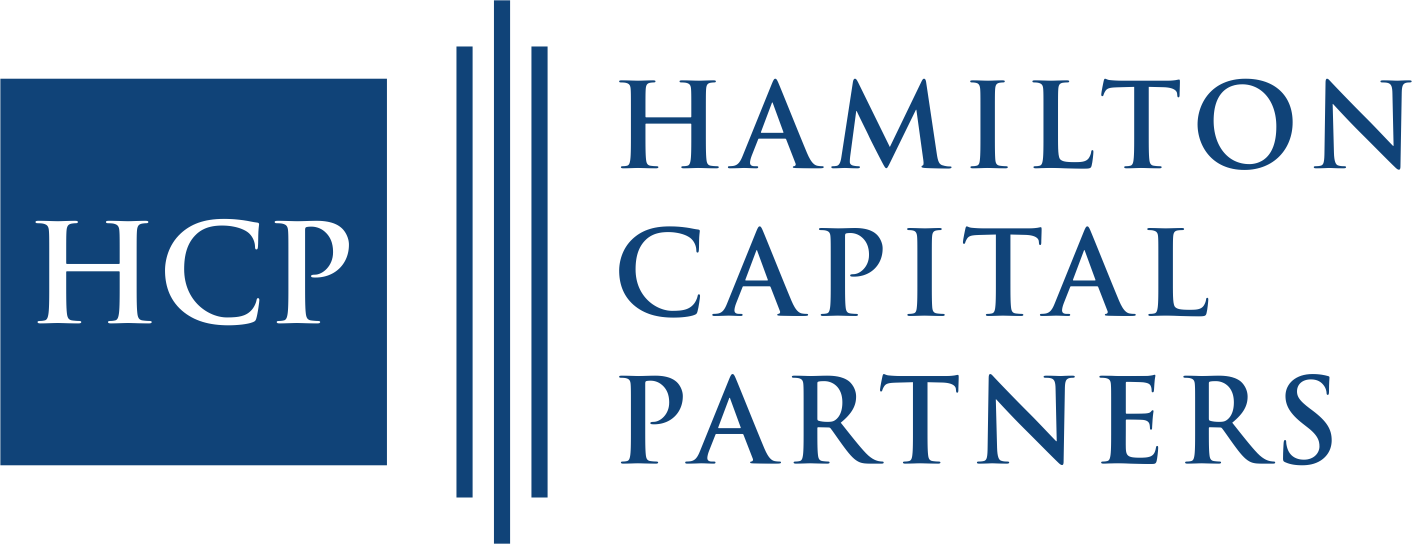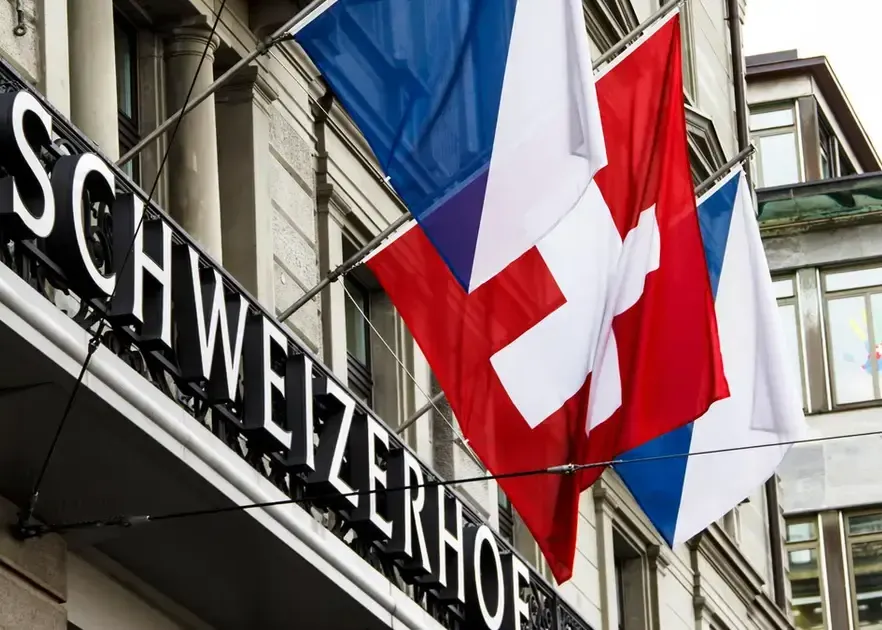By Kelvin Lee, Alonso Munoz
Swiss banks have historically been portrayed as a haven for offshore money given their nature of secrecy and security. Swiss banking law in 1934 made it illegal to disclose account holder names, and banks could even deny the existence of accounts. Of course, the following decades of cash inflow from fraud and laundering directed to these banks has helped gander their reputation as financial fortresses for the more unscrupulous high net worth clientele: Pablo Escobar, Ferdinand Marcos, Suharto just name a few. However (and recently to my chagrin), the furtive banking culture of the Swiss is a modern misconception.
The end of truly secret banking in Switzerland ended in 2018, when Swiss regulators accepted a treaty with the Organisation for Economic Co-operation Development (OECD) involving automatic exchanges of information and common reporting standards with 100 other compliant countries. The account owner’s name, address, country of residence, tax identification number, account balance and capital income would now be under purview of the treaty. Of course, this pretty much ended the copious amounts of accounts used to evade taxes as foreign governments could request account information directly from the Swiss Federal Tax Agency (FTA). Yes, this does (unfortunately) include the IRS and their effort to enforce offshore banking disclosures. Furthermore, Swiss banking laws have been increasingly stringent since Russian’s invasion of Ukraine. Russian oligarchs favored Swiss banks for their amassed wealth away from the motherland; however, since the worlds crusade against Russia, the FTA has frozen those same assets. Banks there can now require legalized proof of assets, including W-9’s and invoices, and are far more likely to freeze assets under suspicions of criminal activity. Clandestine banking, and wearing cut up skinny jeans, died 5 years ago.
Now, there are still benefits of offshore accounts, and Swiss ones remain an attractive option. Even given the OECD requirements, Switzerland was 2nd on the Financial Secrecy Index last year and compared to peers, Swiss banks do hold a higher standard on confidentiality. U.S. clients can’t have their information revealed unless the request is made by government agencies, and thus information is protected from private creditors. Switzerland is also famously neutral and Swiss Francs potentially offer stability, alongside some diversification of risk for international depositors. However, in today’s environment, the benefits of true secrecy touted by bankers like Jean-Jacques Saurel are spurious. Depositors should look at all options for offshore banking; there is no one all be all solution anymore.
To contact the author of this story:
Kelvin Lee at kelvin@hamiltoncapllc.com
To contact the editor responsible for this story:
Alonso Munoz at alonso@hamiltoncapllc.com






